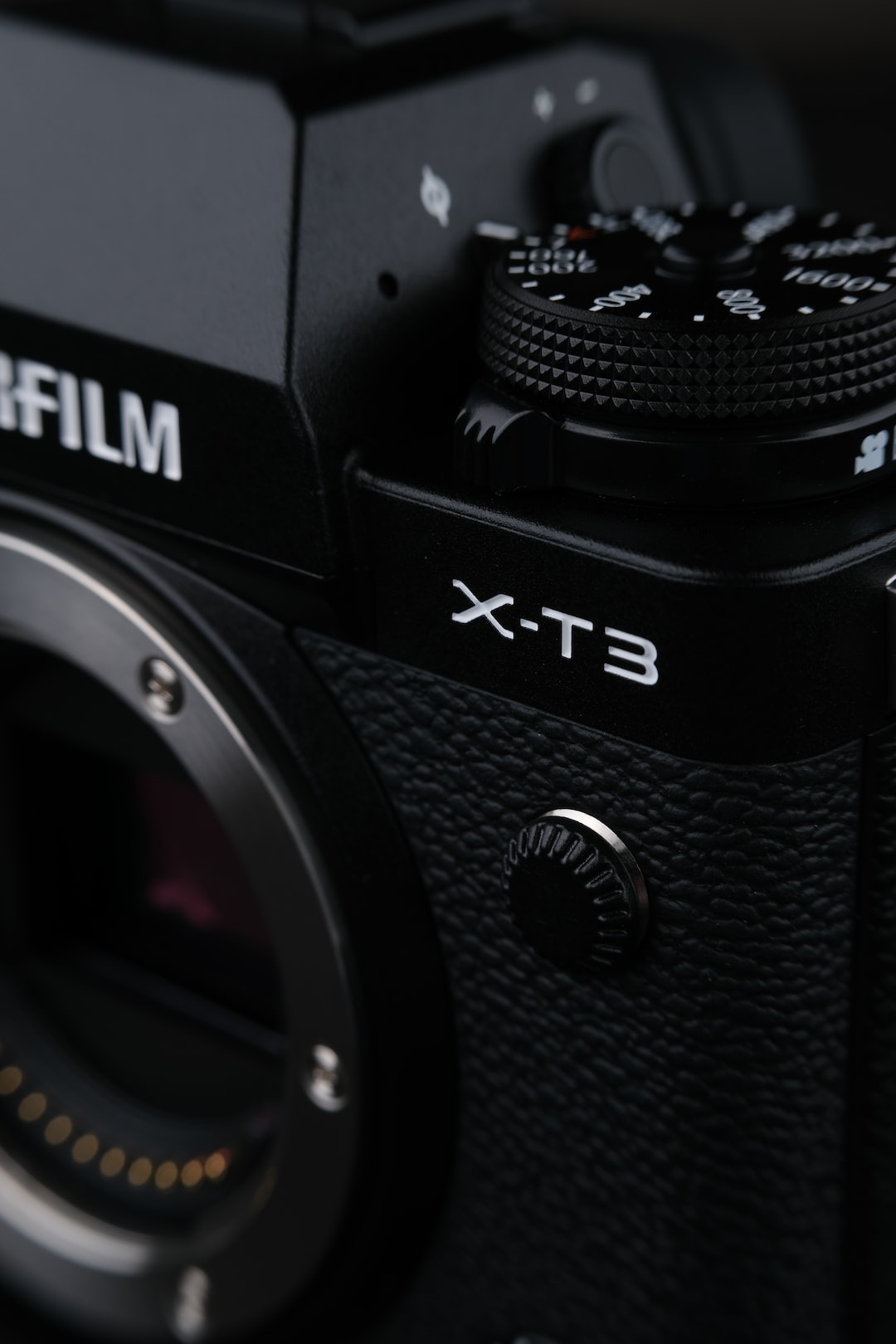From Novice to Expert: Mastering Photography as a Hobby
Have you ever found yourself marveling at the stunning photographs in magazines or online and wondering how those photographers captured such breathtaking moments? If so, you’re not alone. Photography has become one of the most popular hobbies worldwide, as individuals seek to capture and share the beauty of the world around them. Whether you’re a beginner or aspiring to take your skills to the next level, here are some tips on how to transform yourself from a novice to an expert in photography.
The first step to becoming an expert photographer is to understand the basics of your camera. It’s crucial to read the manual thoroughly and familiarize yourself with the various functions and settings. Understanding aperture, shutter speed, ISO, and white balance will allow you to have more control over your imagery, resulting in better photographs. Take some time to experiment with different settings and practice shooting in different lighting conditions to get a feel for how each setting impacts the final image.
While mastering the technical aspects of photography is essential, it’s equally important to develop an eye for composition. Composition refers to how you arrange the elements within your frame to create a visually appealing photograph. One of the most effective composition techniques is the rule of thirds, which involves dividing your frame into a 3×3 grid and placing your subject along the gridlines or at the intersections. This technique adds balance and interest to your photographs.
Another vital aspect of improving your photography skills is to practice regularly. Take your camera with you wherever you go and actively look for opportunities to capture interesting subjects, landscapes, or moments. The more you practice, the better you’ll become at understanding lighting, angles, and capturing the essence of a scene. Don’t be afraid to experiment with different perspectives and angles to add depth and creativity to your images.
In addition to regular practice, it’s crucial to seek inspiration from other photographers. Explore their work in photography books, websites, exhibitions, and social media platforms. Studying the work of renowned photographers will expose you to different styles, techniques, and genres, helping you develop your unique artistic signature. Moreover, interacting with fellow photographers, such as joining photography clubs or online communities, will provide you with the opportunity to exchange ideas, receive feedback, and learn from others’ experiences.
One often overlooked aspect of photography is post-processing. Even the most stunning images can benefit from a bit of editing to enhance colors, contrast, and remove distractions. Adobe Lightroom and Photoshop are some of the most popular tools used by photographers for editing purposes. It’s essential to learn the basics of post-processing, as it allows you to bring out the best in your images and make them truly stand out.
Lastly, mastering photography requires patience, persistence, and a willingness to learn from your mistakes. Don’t be discouraged by initial failures or mediocre shots. Photography is a continuous learning process, and improvement comes with time. Be open to constructive criticism, experiment with different styles, and push yourself out of your comfort zone. Embrace failure as an opportunity to grow and expand your knowledge and skills.
In conclusion, mastering photography as a hobby is an enriching journey that requires a blend of technical knowledge, artistic vision, and ample practice. By understanding your camera, honing your compositional skills, practicing regularly, seeking inspiration, post-processing your images, and remaining persistent in your pursuit, you can transform from a novice photographer to an expert. So, grab your camera, explore the world, and let your creativity shine through your photographs

